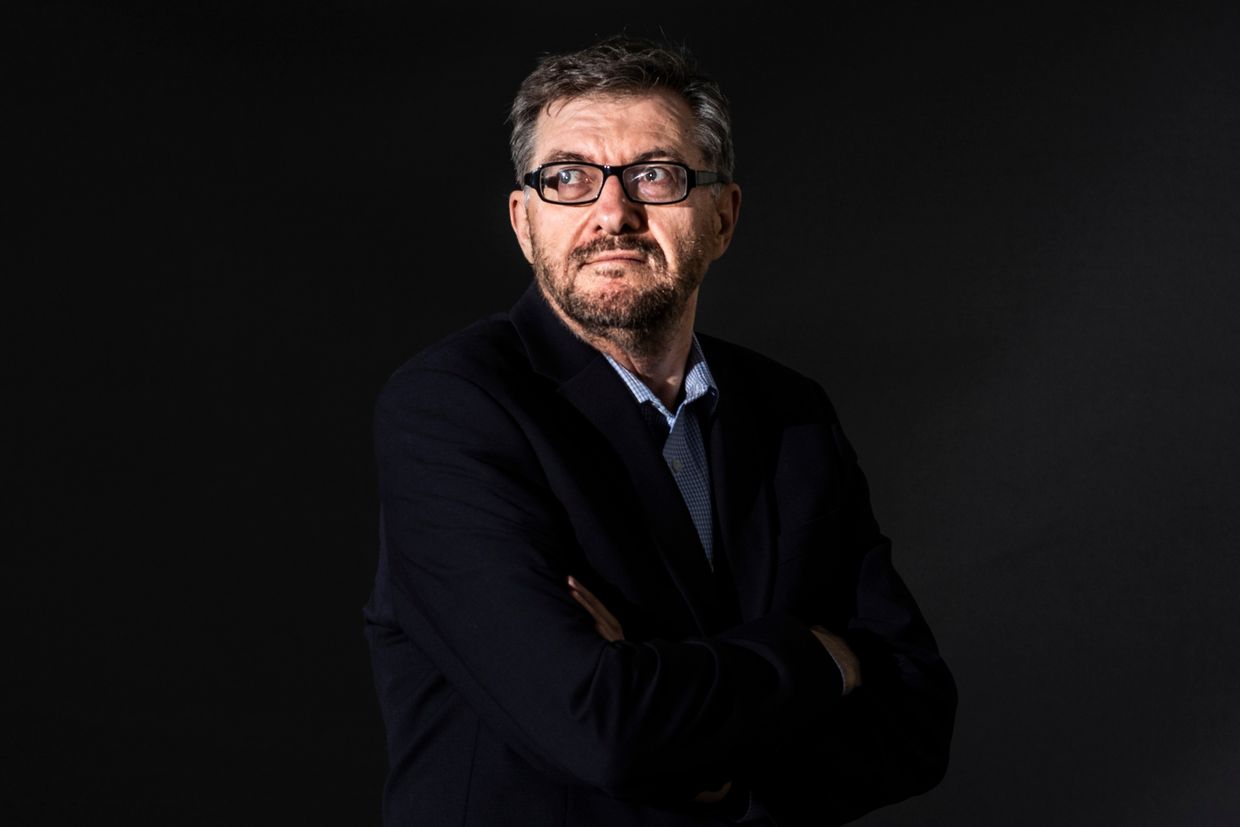Stoltenberg: Concerning rise in Russian malign influence in Bosnia.
NATO Secretary General Jens Stoltenberg expressed his concern about Russian malign influence and support for separatism in Bosnia and Herzegovina during a trip to the Bosnian capital of Sarajevo on Nov.
20. Russia is openly supporting the secessionist pro-Russian President Milorad Dodik of Republika Srpska, the Bosnian Serb entity of the country. The government structure stems from the brutal war in the 1990s that killed more than 100,000 people.
Following a peace deal in 1995, the country was split into two entities, the Bosnian Serb Republika Srpska, and a federation governed by Croats and Bosniak Muslims. Dodik has regularly called for the breakup of Bosnia and Herzegovina, proposing that Republika Srpska join neighboring Serbia. "The Allies strongly support the sovereignty and territorial integrity of Bosnia-Herzegovina," Stoltenberg told reporters. "We are concerned by the secessionist and divisive rhetoric as well as malign foreign interference, including Russia."
There is speculation that Russia has been trying to foment unrest in the Balkans in order to shift global attention away from Ukraine. The U.S. Treasury Department's Office of Foreign Assets Control (OFAC) announced sanctions against eight individuals and six entities in the Balkans for corruption and enabling Russian malign influence in the region on Nov.
17. "Russia has continued to use its influence in the Western Balkans to stymie the region's integration into international institutions and organizations, as well as leverage key jurisdictions to facilitate its aggressive destabilizing activities," said Under Secretary of the Treasury for Terrorism and Financial Intelligence Brian E. Nelson.
Historian Serhii Plokhy: 'The better we prepare for the long war, the sooner it will end'
As a Harvard historian, Serhii Plokhy comfortably analyzes timelines that span centuries.
But in his latest work on the war in Ukraine, keeping up with monthly developments has been a challenge.
After finishing his latest book "The Russo-Ukrainian War" early this year, Plokhy wrote a new afterword...
